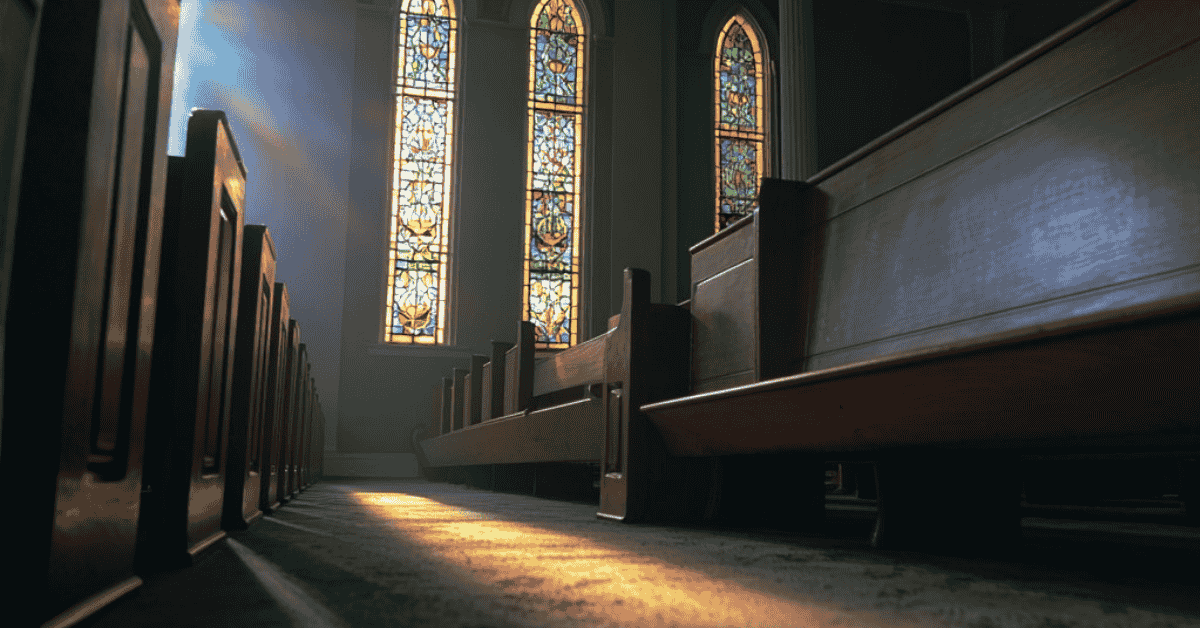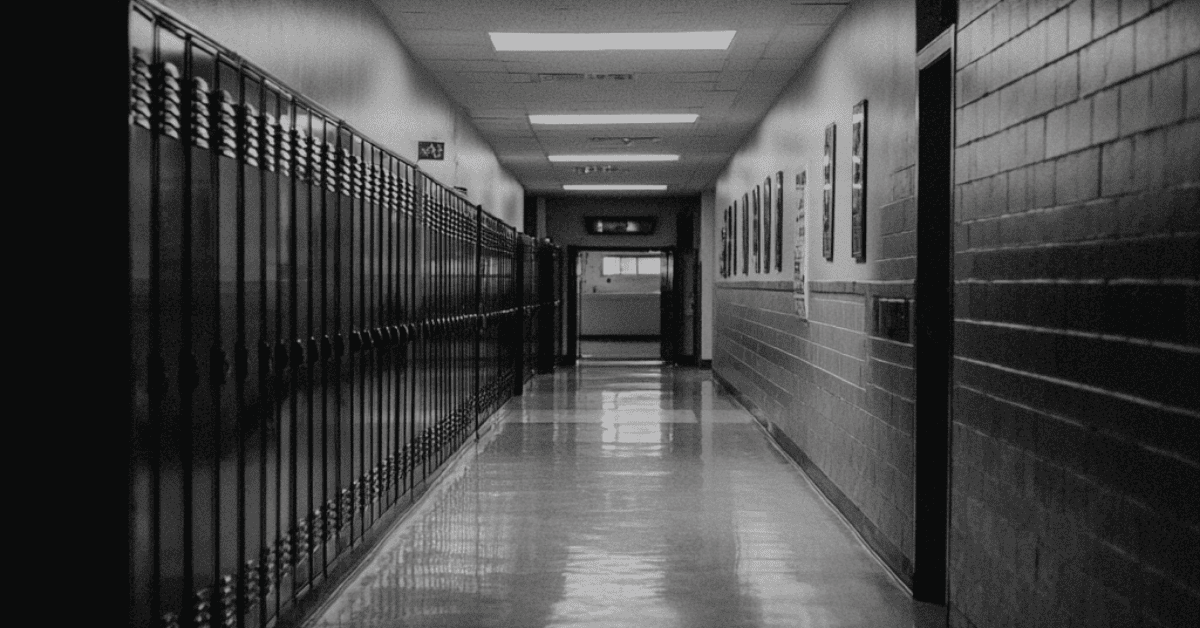When Protectors Become Predators: Abuse in Law Enforcement & Government
It’s hard enough to speak up when the abuser is a stranger. But when it’s someone in uniform—a police officer, a corrections officer, or a public official—the fear becomes a prison of its own.
I’ve spoken with survivors who were too scared to even whisper what happened. Not because they didn’t want to. But because who would believe them over someone with a badge? Who do you call when the person who hurt you is the one who’s supposed to protect you?
The Hidden Epidemic
We don’t talk enough about law enforcement sexual abuse cases. And when we do, it’s often brushed off as the work of a few “bad apples.” But there’s a bigger truth hiding in plain sight: this isn’t just a fluke. This is a system that often protects itself before it protects victims.
According to a 2022 investigation by the Associated Press, at least 1,000 police officers lost their badges in the past decade over rape, molestation, and other sex crimes. That’s only the ones we know about. Many others were quietly allowed to resign, or charges were never filed. The real number? Likely far higher.
When the Uniform Shields the Crime
Imagine this: a teenage girl reports a sexual assault. But the officer handling her case begins grooming her. He says he wants to help. Offers rides home. Starts texting. Then it crosses the line. Who’s going to believe a traumatized 17-year-old over a man in uniform with a spotless record?
This isn’t hypothetical. These kinds of stories have surfaced in Arkansas and across the country. Sometimes it’s school resource officers. Sometimes it’s deputies in rural towns where everyone knows each other.
And the most terrifying part? Many of these predators target kids because they know their position gives them power. They handpick the most vulnerable—those in foster care, in juvenile detention, or already in crisis. Just like we’ve seen in residential treatment center abuse, the abuse thrives in environments where children are isolated and adults are unchecked.
Government Officials and Child Abuse Scandals
It’s not just law enforcement. From mayors to judges to elected officials, there’s a long—and disturbing—trail of child abuse scandals involving people who were sworn to serve the public.
Take the case of a former Oklahoma state senator who was convicted of child sex trafficking. Or a Kentucky judge accused of trading legal favors for access to teenage boys. These aren’t rare stories. They’re just the ones that made headlines.
The danger isn’t just the abuse itself. It’s the power these individuals hold to cover it up. And the message it sends: if someone this high up can get away with it, why even try to come forward?
For survivors in Arkansas, this fear is compounded by a tight-knit culture where speaking out might mean alienating your family, your church, your community. But silence only serves the predator.
The Machinery of Silence
So, what are examples of government cover-ups of child abuse? Here’s how it usually plays out:
- A victim comes forward.
- The report goes up the chain.
- Instead of launching a real investigation, internal affairs quietly “handles” it.
- The officer or official resigns “for personal reasons.”
- No charges. No press release. Nothing for the public to question.
This isn’t accountability. It’s self-preservation. And it’s been happening for decades. Just look at the repeated cover-ups inside the Catholic Church—documented, denied, and then buried. We’ve written about that pattern in clergy sex abuse claims.
It’s the same blueprint—just with a different seal on the door.
How Common Is Child Abuse in Law Enforcement?
That’s the question no one in power wants to answer. Why? Because the truth is ugly.
It’s more common than any of us would like to admit. In small towns, large cities, and everywhere in between. The common thread is the lack of oversight. Officers often police themselves. And when one steps out of line, there’s pressure to protect the image of the department instead of the rights of the victim.
Internal policies meant to shield departments from liability can make it nearly impossible for survivors to access records, identify previous complaints, or even know if someone has a history of misconduct.
Can I Sue a Police Officer for Abuse?
Yes—but the path isn’t easy. Qualified immunity protects many officers from civil lawsuits, even in cases of abuse. But that doesn’t mean you’re out of options. With the right legal strategy, survivors can bring claims against officers, departments, or the institutions that failed to stop them.
In many cases, we’ve found ways to hold not just the individual abuser accountable, but the system that protected them. Sometimes it’s a sheriff’s department that ignored red flags. Other times, it’s a city or county that allowed known offenders to keep working near children.
If you’re reading this and wondering whether your case qualifies—don’t guess. Get answers. I’d rather you know what’s possible than keep carrying the weight of not knowing.
The Impact of Betrayal
Being abused by a stranger is horrifying. But being abused by someone who was supposed to protect you? That kind of betrayal cuts deeper. Survivors often battle not just PTSD, but deep confusion around authority, trust, and identity.
I’ve worked with clients who couldn’t call 911 years later—not because they didn’t need help, but because the sound of sirens made them panic. That’s the cost of this kind of abuse. It reshapes how you see the world. It rewires your instincts.
And yet, we ask survivors to prove their trauma while the institution that failed them hides behind legal shields. Something has to change.
The Fight for Reform
We’ve started to see small cracks in the wall. Some states have passed laws requiring public records of officer misconduct. Others have repealed or limited qualified immunity. But in Arkansas, we still have a long way to go.
When we wrote about how abuse of power by officials often goes unchecked, we made one thing clear: change doesn’t come from institutions. It comes from people refusing to stay quiet.
We need mandatory reporting policies that actually have teeth. Independent oversight bodies. Transparency in hiring and discipline. And above all—we need to believe survivors.
Is Your Child Safe?
It’s a question every parent in Arkansas needs to ask. Because while we like to think this kind of abuse happens “somewhere else,” the truth is much closer to home. Just like we exposed in is your child really safe?, predators don’t come with warning labels. They come with badges, titles, and smiles.
And if no one shines a light on what’s happening behind closed doors, the abuse continues.
If someone in law enforcement or government hurt you—or someone you love—know this: You’re not alone. And you don’t have to fight this on your own. There’s a way forward. And it starts by speaking with someone who’s ready to believe you, not protect the badge.
We’re here when you’re ready.



